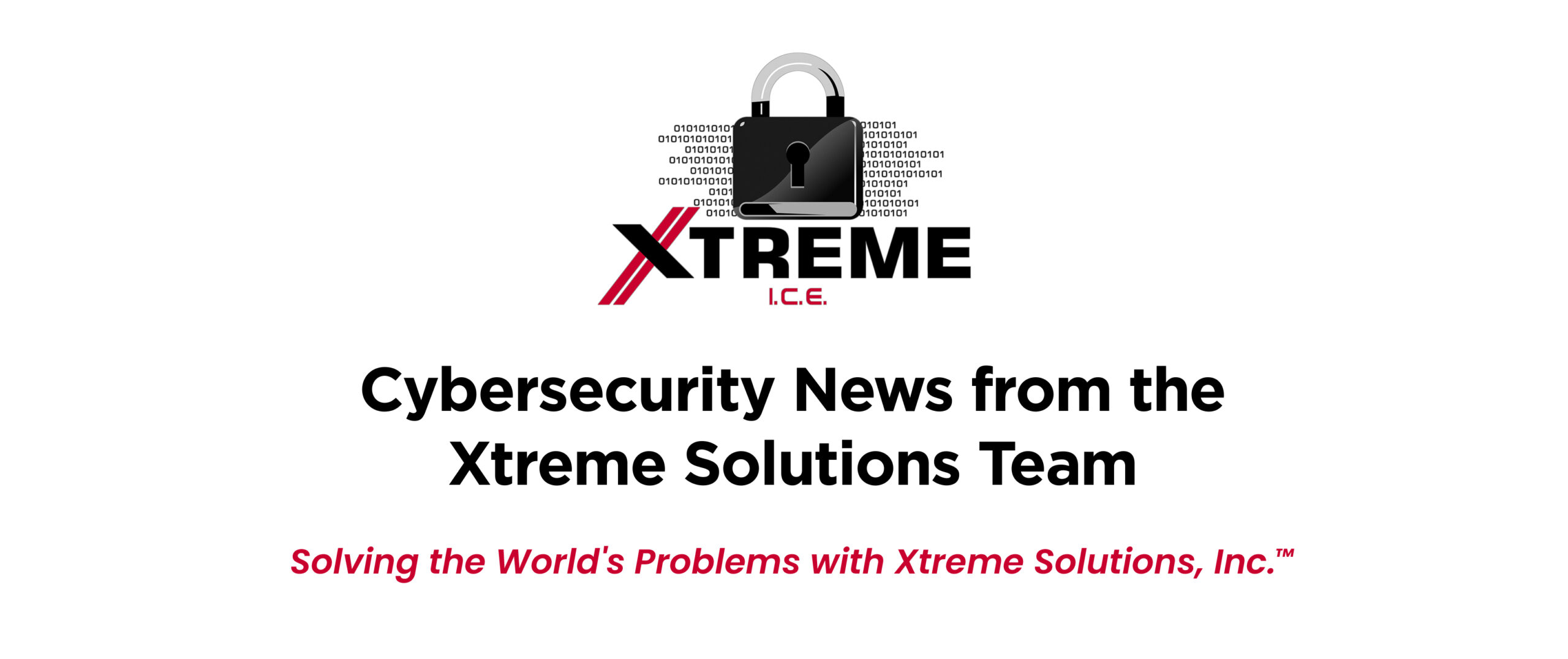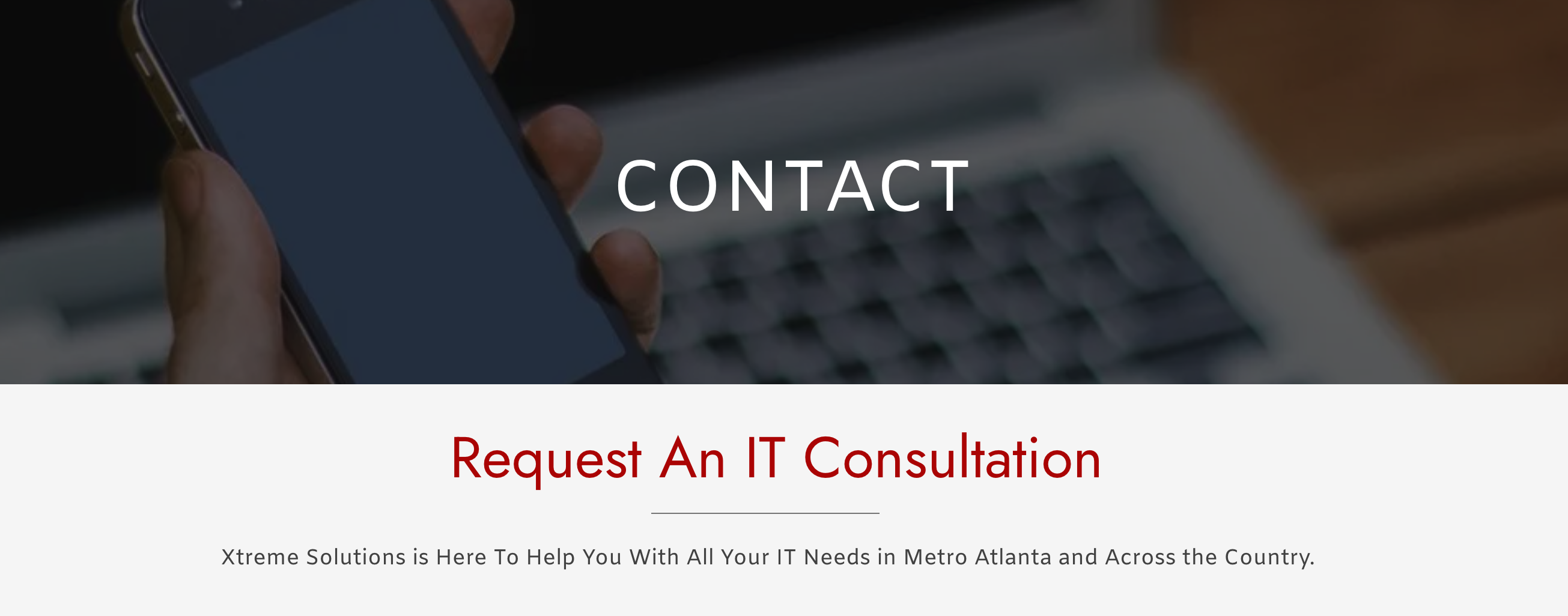

Current and Former AT&T Customers:
This update is for you.
One of the most dangerous cyber breaches ever involves the theft of personal information about eight million current and 65 million former AT&T customers.
Visit haveibeenpwned.com to see if you are a victim and att.com/accountsafety for updates from AT&T.
Meantime, here are three things you should do, whether you’re listed as a victim or not.
AT&T logo credit: Casimiro – stock.adobe.com
Roku customers: heads up! 500,000 customers of the streaming video service are being notified that their accounts are breached, allowing scammers to log in and make purchases. It turns out that affected customers used the same passwords on their Roku accounts as other online accounts that have suffered breaches.
GM, Honda, Kia, BMW, Mitsubishi, Hyundai, Subaru, and others are accused of selling information about users’ driving habits without explicit permission, sometimes leading to higher car insurance rates or cancellations. Motor Trend says Car companies say they can collect driver data because users clicked “agree” to the terms and conditions when they signed up for OnStar, HondaLink, Mitsubishi Driving Score, Toyota Insure Connect, and Kia Connect. Check the privacy settings on your car’s app or infotainment system to opt-out.
As of April, the Facebook-owned social media platform Threads has overtaken X (formerly Twitter) in popularity. About one in three teenagers is now on Threads, but that’s fewer than those who use YouTube, TikTok, Instagram, or Snapchat.

One more thing...
According to Hive, two-thirds of us check our email regularly on vacation.
Visit Iceland has created this new promotional video suggesting how visitors can disconnect from their screens and still appear to respond.
Click the play button to play the video.
Answers to readers'
cybersecurity questions
The Post Office can tell you what happened to the package. Then, contact your state’s Department of Revenue and provide them with the date you mailed the return, the mailing address you used, and a copy of the receipt. They can advise you on what steps to take next, which will likely involve filing a replacement tax return. As for personal information, monitor your credit report and consider freezing your credit, which makes it harder for criminals to open new accounts in your name.
Original content © 2024 Aware Force LLC
